Syria’s future remains one of the most pressing questions in the Middle East. More than a decade of civil war, foreign intervention, and internal divisions have left the country in ruins. The fall of the Assad regime in December 2024 – long imagined as the beginning of the country’s rebirth – has not resolved Syria’s problems. Instead, it has multiplied them. Today, Syria is fragmented internally and increasingly a battleground for competing regional powers. Following Assad’s fall, Russia’s involvement diminished, while other actors intensified their roles. Israel has expanded its strikes deep inside Syrian territory, and Türkiye continues to assert itself in the north. Both consider Syria central to their national security, but their goals diverge: Israel favors a weak and divided Syria incapable of threatening it, while Türkiye insists on preserving Syria’s territorial integrity under a central authority in Damascus to block the rise of a Kurdish autonomous region that might inspire separatism within its own borders.
Behind these geopolitical rivalries lies a deeper challenge: building a political order that can accommodate Syria’s diversity. The country is home to Arabs, Kurds, Turkomans, Druze, Alawites, and other groups, each with distinct histories and aspirations. Israel has at times tried to leverage minority discontent by offering support to groups like the Kurds and Druze. Türkiye, on the other hand, has prioritized strengthening the central government while downplaying minority rights. Neither approach addresses the real question: how can Syria be reconstituted as a state where all communities feel secure and represented?
The idea of restoring Syria as a powerful, centralized, Arab-dominated state under a strong constitution is unrealistic. At least three core reasons illustrate why. First, minority groups such as the Kurds have long pursued autonomy or independence . Backed by shifting international support – particularly from the United States during the Obama years and thereafter – Syrian Kurds carved out a foothold in the northeast. They will not easily abandon their gains. Any settlement that strips them of meaningful autonomy risks failure and renewed violent conflict.
Second, the new Damascus regime has a history of failing to protect minorities. Hard-line Sunni factions have targeted Alawites, Druze, and others as apostates. A return to consolidated and centralized authority offers no guarantees that such violence will be prevented. For many minorities, trust in the central state has already collapsed.
Third, constitutions imposed from above rarely succeed in societies marked by deep mistrust. The new central government in Damascus has shown no ability to draft a document that all communities will accept equally. Ignoring or downplaying minority rights risks further instability and conflict. In short, restoring the old model under new leadership would not bring peace – it would reproduce the conditions that fueled the war in the first place.
The alternative to a unitary state – fragmentation – carries even greater risks. Partitioning Syria into separate states could destabilize the region further. It would leave at least some of the post-Syria entities permanently weak, vulnerable to foreign manipulation, and prone to new conflicts. Because Syria’s communities are so intermixed, dividing the country would almost certainly cause mass displacement and violence. Partition would also destabilize neighboring countries by fueling separatist movements and cross-border tensions. Instead of solving Syria’s problems, it would leave behind a mess of weak states, open to outside influence and internal conflict.
Given these realities, federalism emerges as the only viable option for the new Syria. Federalism is the only arrangement that can preserve Syria’s territorial integrity while granting meaningful autonomy to its diverse identity groups. Under such an arrangement, Arabs, Kurds, Turkomans, Druze, and Alawites could govern their own regions, manage local resources, and protect their cultural and religious identities, while remaining bound to a central government through a shared constitution. It would offer unity without uniformity – keeping the country whole while recognizing its diversity.
Federal systems come in different forms – symmetrical, where all regions enjoy equal powers, and asymmetrical, where some regions hold greater autonomy. Syria would need to negotiate its own model, but the core principle is simple: every group must have a real stake in the state and a voice in shaping its future.
Federalism would also reduce incentives for violence. When groups feel secure in their autonomy, they are less likely to fight for independence. At the same time, the central government in Damascus would retain authority over defense, foreign policy, and economic coordination, ensuring Syria remains a sovereign actor on the global stage.
Federalism would further guarantee protection for vulnerable groups who have lived under threat. Local self-governance would allow smaller communities such as the Alawites and Druze to shield themselves from both central repression and extremist violence. When groups feel secure at home, they are less likely to seek outside protection. This would weaken the ability of external actors – whether Israel, Türkiye, Iran, or others – to exploit internal divisions. A federal constitution could also prohibit regions from inviting foreign military forces, thus strengthening national sovereignty.
Moreover, federalism would promote constitutional balance and economic fairness among Syria’s diverse groups. A jointly drafted federal constitution would require consensus, ensuring equal rights for all. Unlike in the past, where rules were imposed from above, federalism would demand compromise. Economically, it would allow regions to manage their natural resources while contributing to the wider state, fostering both self-reliance and shared responsibility. This would reduce resentment that one group exploits another’s wealth.
Syria is not alone in facing such dilemmas. Federalism has helped other divided societies maintain peace while accommodating diversity. Neighboring Iraq, which faced similar challenges, offers an imperfect but useful example: the Kurdish region in the north enjoys autonomy yet remains part of the Iraqi state, reducing the risk of large-scale conflict with Baghdad. Bosnia and Herzegovina, shaped by the Dayton Agreement in 1995, used federal arrangements to end a devastating war and prevent renewed violence in a deeply divided society. India’s federal system also demonstrates how numerous linguistic, religious, and cultural groups can coexist within one state despite significant internal diversity. While none of these models are perfect and each carries its own weaknesses and challenges, compared with centralized authoritarianism, chaos, or partition, federalism remains Syria’s best hope.
Skeptics would rightfully argue that federalism is too difficult to implement in Syria, as trust among groups is low, violence persists, and foreign powers remain deeply involved. The fear that federalism could become a step toward partition is not entirely baseless, although the Damascus regime has long resisted decentralization as a threat to its sovereignty. Nevertheless, rather than making federalism less necessary, these very obstacles make it more urgent. The key task is to create incentives for all groups: minorities must be guaranteed autonomy, while the central government must retain enough authority to remain strong, effective, and legitimate.
Today, the tragedy of Syria is that its rich diversity has become a source of weakness rather than strength. The new government under al-Sharaa, who assumed office in January 2025, has failed to accommodate pluralism, fueling repression of some minorities. Neither a return to centralized authoritarianism nor a descent into partition will bring peace to the people of Syria. Only federalism offers a realistic path forward – a Syria that remains whole while respecting the identities and aspirations of its people.
If Syrians can build a federal state with strong constitutional guarantees, they will not only end the cycle of violence but also create a model for coexistence in the Middle East. In a region too often defined by division and conflict, Syria could become an example of unity through diversity. Introducing federalism to Syria will not be easy, but international mediators can play a key role in framing it as a compromise that serves all rather than a victory for some. The choice for Syria must be made clear: repeat the mistakes of the past or embrace federalism as the foundation of a new and inclusive Syria.

 Movie
Movie 3 weeks ago
79
3 weeks ago
79 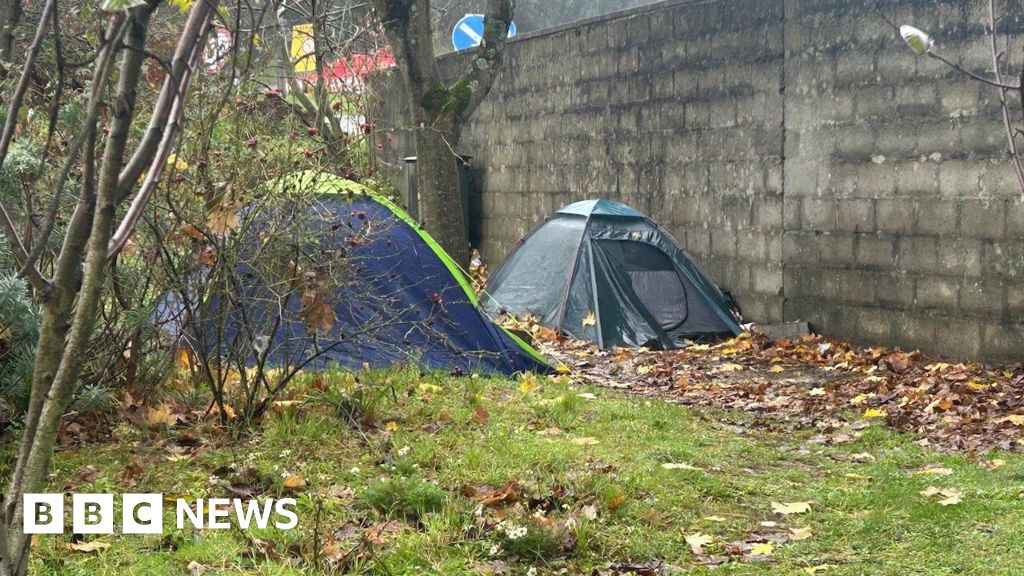

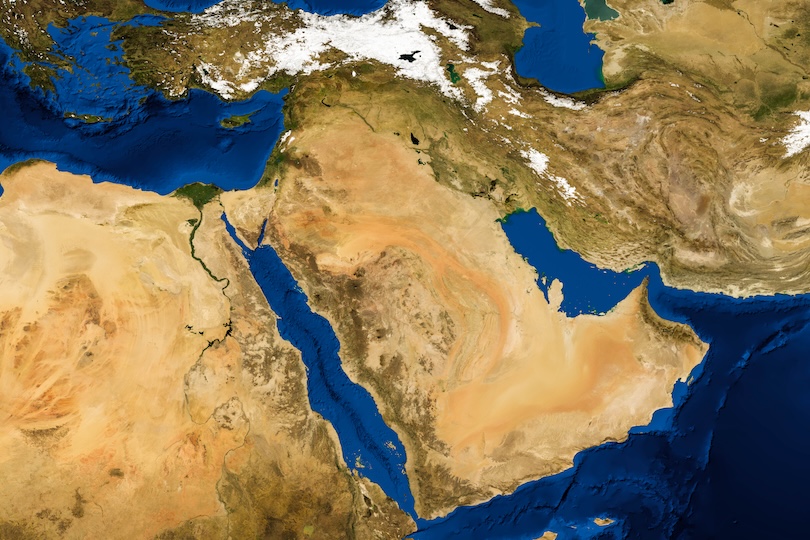
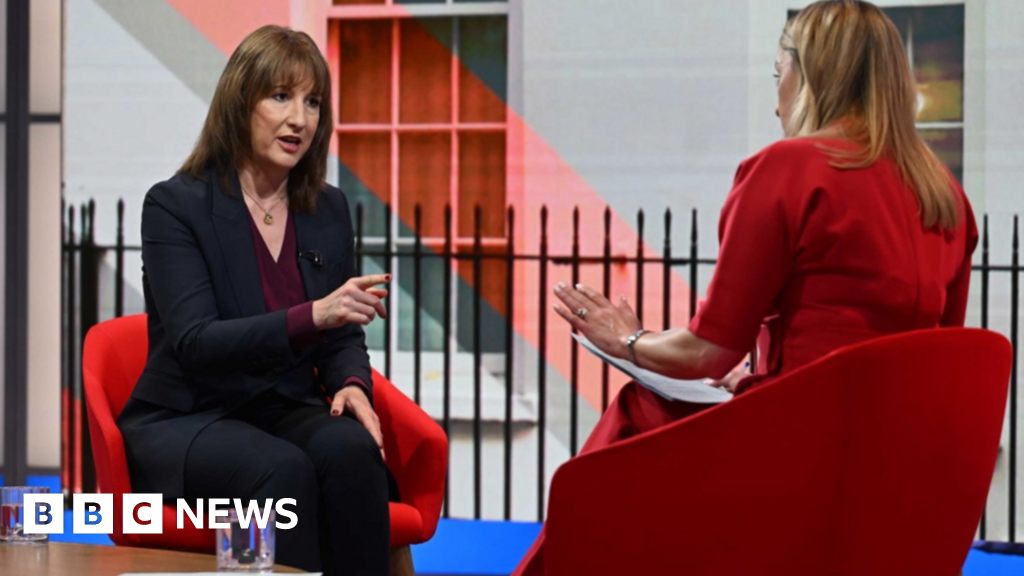
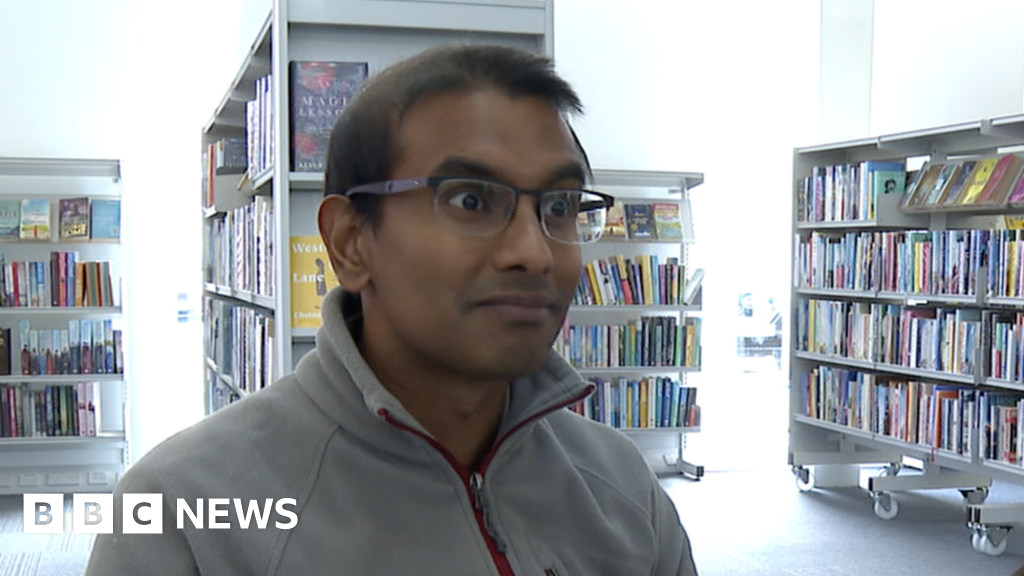
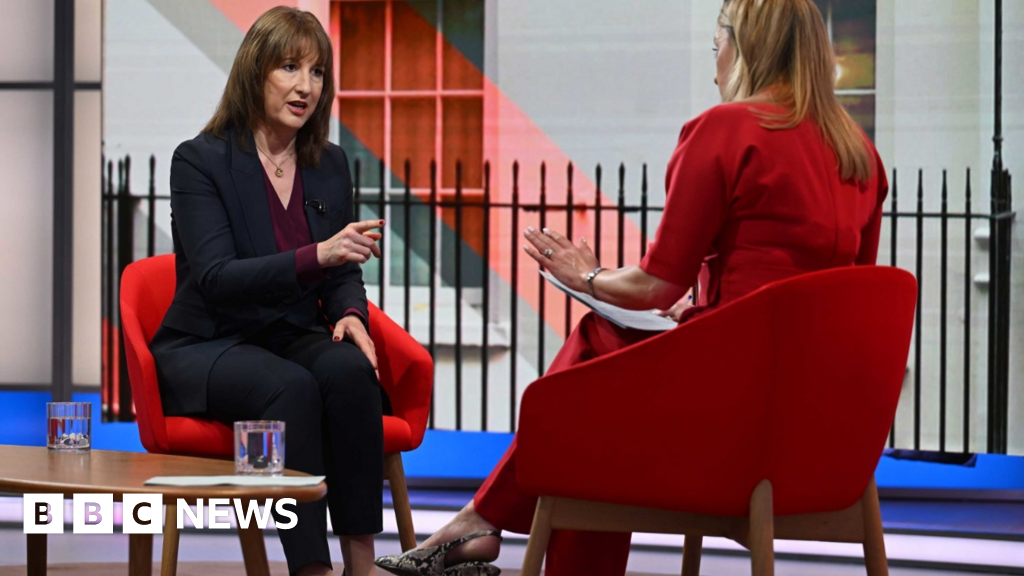
![Presidents Day Weekend Car Sales [2021 Edition] Presidents Day Weekend Car Sales [2021 Edition]](https://www.findthebestcarprice.com/wp-content/uploads/Presidents-Day-Weekend-car-sales.jpg)




 English (United States)
English (United States)